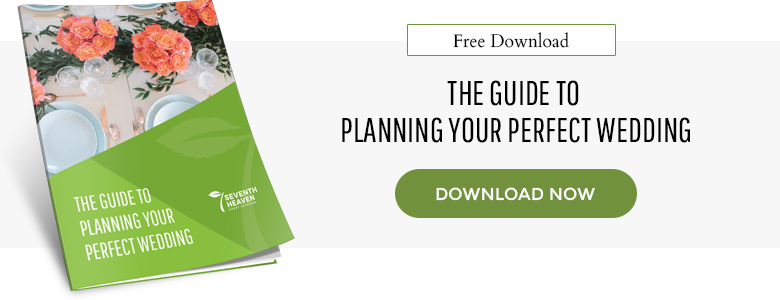Planning a wedding is no easy feat, especially when it comes to managing the budget. Crunching the numbers can be intimidating, but it’s necessary in helping you stay in line and still get everything you need. A wedding budget is vital to track spending throughout the planning process and to keep things moving smoothly as the wedding date gets closer. Budgeting may seem overwhelming, but with a few simple hints and tools, it can be much easier than first though.
Prioritize the Important Parts
Make a list of things you really want and items you’re not willing to substitute or cut back on. For example, you might really want a live band over a DJ, knowing that bands are pricier than the latter option. The venue might be a bit pricy, but it’s the only venue that made an impression. Items you’re not willing to budge on need to be made a priority with additional funding allotted for them. Acknowledge this at the start, and accept that it means other items in the budget just need more competitive rates instead.
Clearly outlining where you want to spend money and where you can minimize spending will allow you to plan a budget that truly fits. When putting the budget together, consider exploring what’s already in your price range to get a better idea of where substitutions can be made. Flowers can be repurposed, the guest list can be trimmed—these are just a few options freeing up funding for other parts of the wedding.
Creating a list of what you don’t mind splurging on makes it easier to divide the remaining funds. Separating the important features from the minimal ones make it easier to budget accordingly.
Don’t Forget the Details
There are going to be a number of small things to worry about in your wedding budget, from hiring the photographer to paying the hair and make-up stylists. Make room for extra charges such as tips and anticipated fees, and don’t forget to include hidden costs such as overtime, service fees, and tips for caterers—these all have to be considered. Once the basics are laid out, take a macro look at your budget to translate where the rest of the money is going. These small but important details will help guide the way to your big day.
Decisions need to be made early to get all of your services lined up. From thank you gifts and wedding favours to “save the date” stationary and table cardholders… everything comes with a price tag, and it’s important to remember the small things. In addition to the big splurges, noting the small details of the budget will ensure everything is included and budgeted. Finally, establish a percentage of what will be allocated to each detail can ease the shock of the total wedding budget figure. If you don’t keep tabs on the small items, their prices can add up quickly and cause problems with your overall budget.
Stay Organized
From basic spreadsheets and Google Docs to wedding planning calculators, create a document that organizes every dime spent and keeps the wedding budget on track. This will give you a clear visual of where money is going and how it was spent. It may be helpful to share the budget with anyone else also helping with the wedding. This way, everybody stays on the same page.
Consider dividing the spreadsheet into different columns that break down estimated and actual costs, proposals, contract fields and due dates to know where you are within the budget and to keep you from veering off it. Keeping the wedding budget organized and regularly updated will ensure you aren’t falling behind or confused about payments. It will also help streamline the planning process, from signed contracts to initial deposits.
Wedding planning requires an advanced start date, and many parts of the wedding are planned well ahead of time. The budget isn’t a scary limit: instead use it as a guideline and way to positively structure our planning. When you set the budget before you start planning, you’ll keep from going over or worrying about costs—it’s just another step in the exciting planning process.





